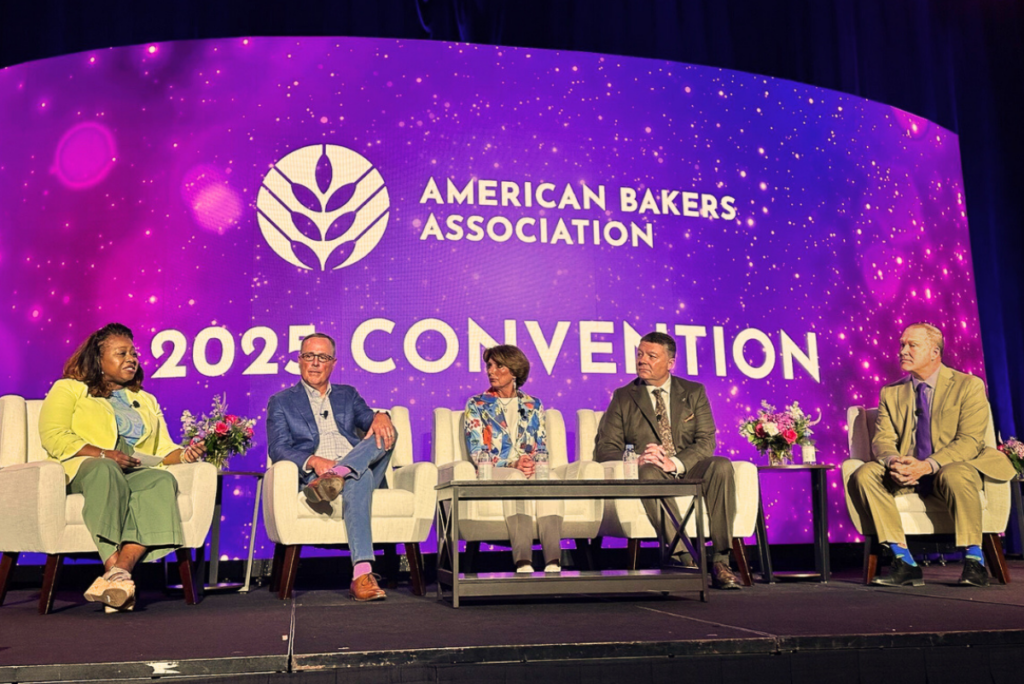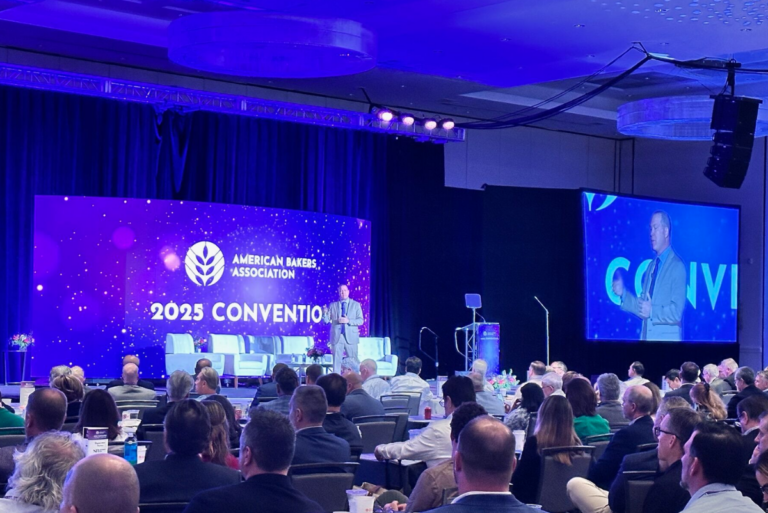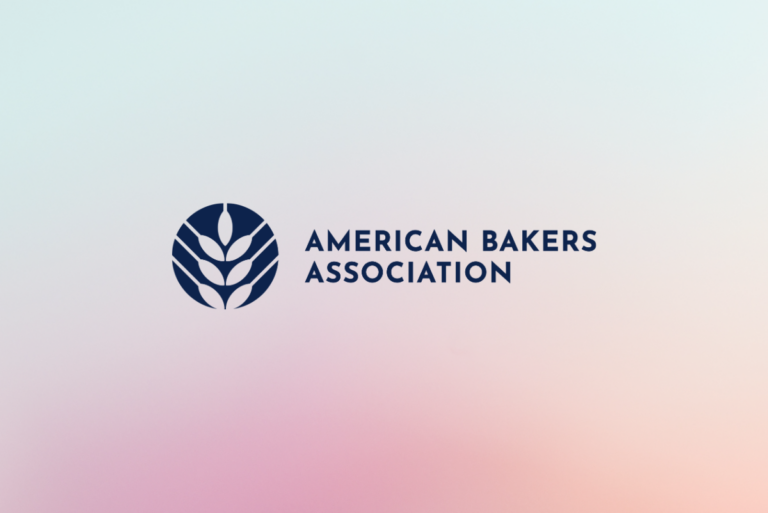ORLANDO, FL — The American Bakers Association (ABA)’s annual convention is fully underway in Orlando, FL, and the state of the industry is under a microscope.
The event, set for March 23-26, kicked off with a fireside chat featuring a panel of industry executives, including Bill Quigg, ABA chair and president and CEO of Richmond Baking and More Than a Bakery; Eric Dell, president and CEO of ABA; Trina Bediako, CEO of New Horizons Baking Co.; Ryals McMullian, chair and CEO of Flowers Foods; and Carrie Jones-Barber, CEO of Dawn Foods.
The panelists shared insights on the future of baking, addressing priorities such as workforce and category growth, and outlining areas where they see opportunities and challenges in 2025 and beyond.
One hot topic centered on creative strategies for workforce development, which ranged from flexible scheduling to community involvement.
Finding the right schedule
When considering workforce development, educational opportunities such as webinars and training courses often come to mind, but those aren’t the only routes businesses are taking to upskill their operations and provide their employees with the tools to thrive.
“Something that’s been successful for us is alternative schedules,” Bediako said. “We operate on a hybrid schedule. At one of our locations, we offer 10-hour shifts four days a week, and that works well for them. But we’ve found our most successful shifts are 12-hour shifts with three days on and four days off. That works for us. It may not work for everyone, but it works for us.”
There’s no one-size-fits-all when it comes to finding the right groove for workers. By accommodating schedules and minimizing overtime, businesses can grow at a sustainable rate.
“Our employees let us know they weren’t getting the work-life balance they needed, so we adjusted,” Bediako said. “That has improved morale and decreased the number of call-offs, and our teams are working much better together.”











